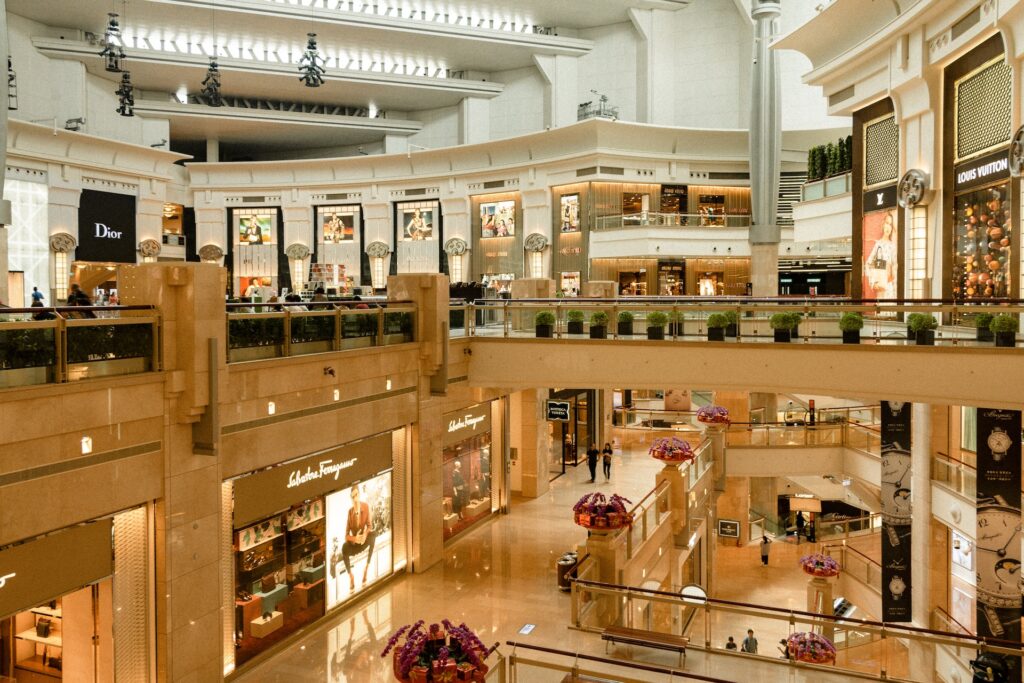Marketing to the Luxury Consumer in a Digital Age

Luxury is synonymous with exclusivity and uniqueness. Digital marketing on the other hand is about accessibility and mass reach, thus creating a paradox for the high-end brand manager.
With over 50% of luxury purchases being predicted to come from online sales by 2030, designer brands need to pivot their marketing efforts towards digital strategies.
Adapt or Die
When the Boston Consulting Group estimated a $120 billion decline in sales for the luxury market in 2020, alarm bells were set off. That decline was as a result of the pandemic but how quickly will the sector bounce back?
As retail welcomes the post-pandemic customer, it is finding that most traditional marketing approaches are now redundant. It is no longer enough to have the best Mayfair address if you do not have some real estate on your clientele’s devices.
Tell Stories
They say a luxury product is wanted, not needed. That want is created by the stories a brand tells. More than ever, your customers want to know the why of what you are offering, the raison d’etre of your company.
Use social platforms to repeatedly showcase the culture, heritage and tradition of your business. When those digital stories are coherent with the experiences you give customers in your physical stores, building loyalty becomes easier.
Improve Your Targeting
Targeting is technology’s answer to making your customers feel special. Targeting tells your client that you know them, you understand them, and you have the solutions to help them.
Invest in data collection, analysis and AI tools that will allow you to deliver customised digital experiences to your audience.
For a luxury brand, this goes beyond an email with a name on it. Your personalisation should be geared towards creating emotional connections with each recipient.
Stylish and User-Friendly Website
The number of designer brands with uninspiring websites is surprising. As more and more luxury stores turn to e-commerce for sales, a bad site could result in unnecessary revenue loss.
Ideally, an online shopping platform should be intuitive, attractive and easy to navigate.
Take a luxury furniture brand like FCI – a visit to the FCI luxury sofas web page presents a highly functional site and an engaging experience. This is especially important when you carry a portfolio of products as wide as theirs.
Exclusivity
One of the lures of top end products is exclusivity. Consumers are willing to pay extra to be part of an elite few.
Translating this to digital platforms involves strategies such as forming private member online groups that offer loyalty perks and concierge services. Furthermore, a brand can use social platforms to differentiate its top followers and reward them for their contributions.
Ultimately, the high end shopper wants to feel special. With the vast amount of data available to the digital marketer today, there really is no excuse for not offering specialised services to your customers.
Used strategically, online marketing can be the lifeline businesses need to recover from the pandemic sales slump.






